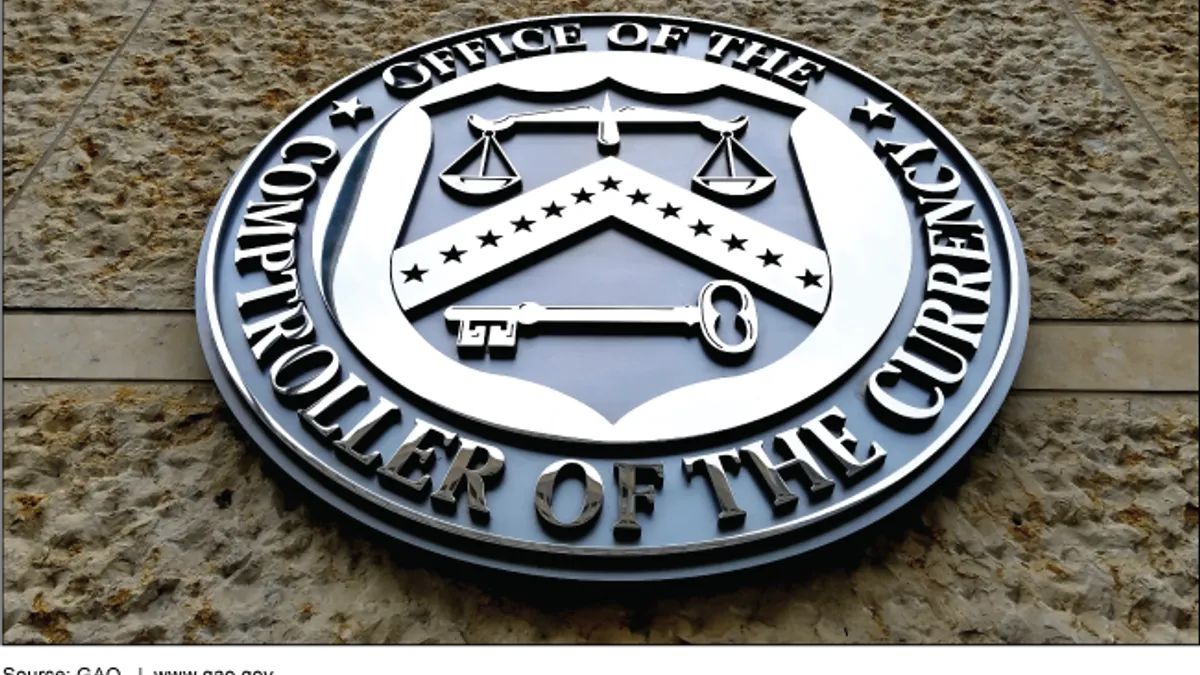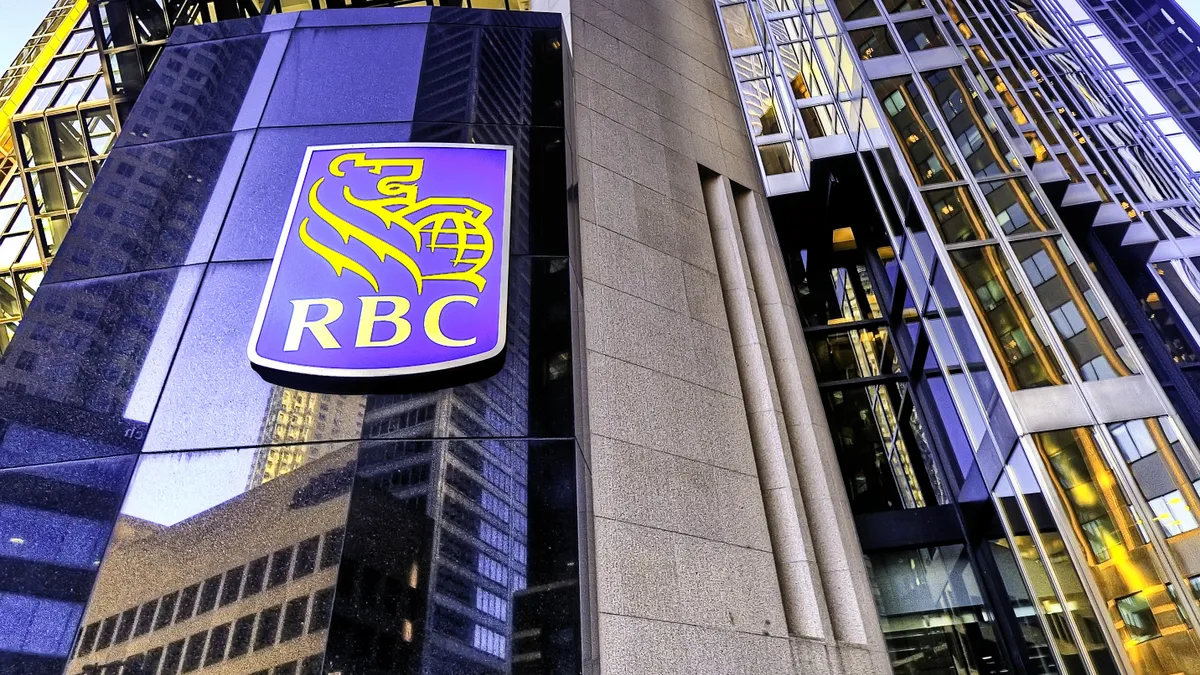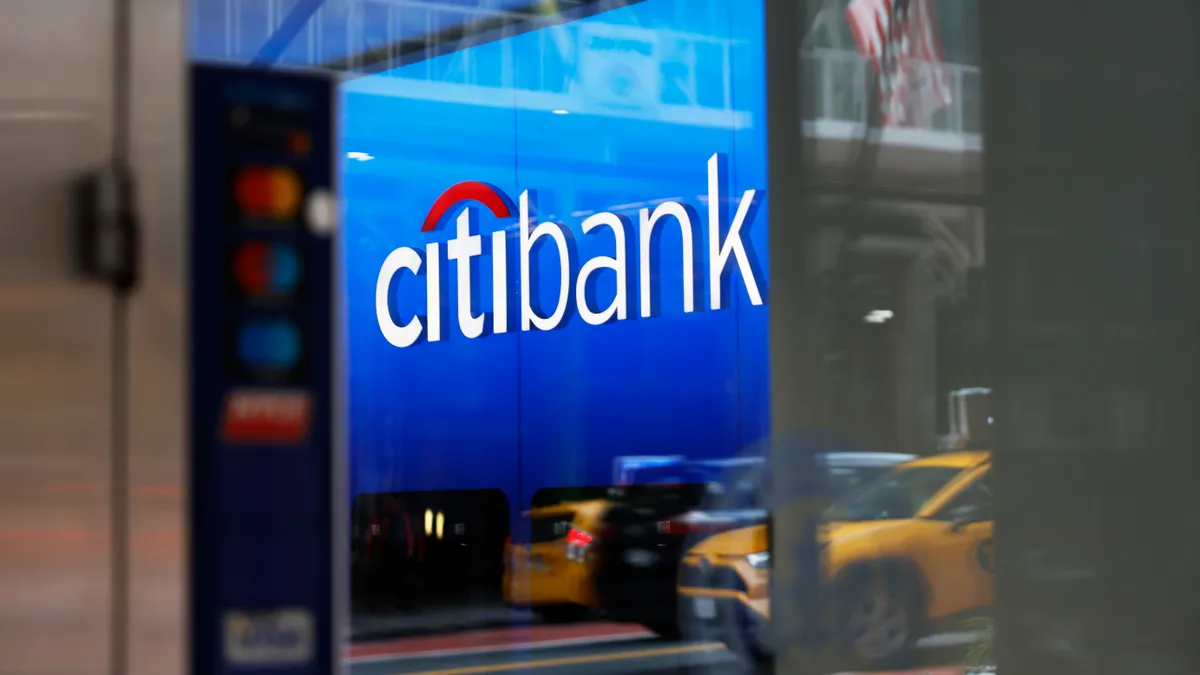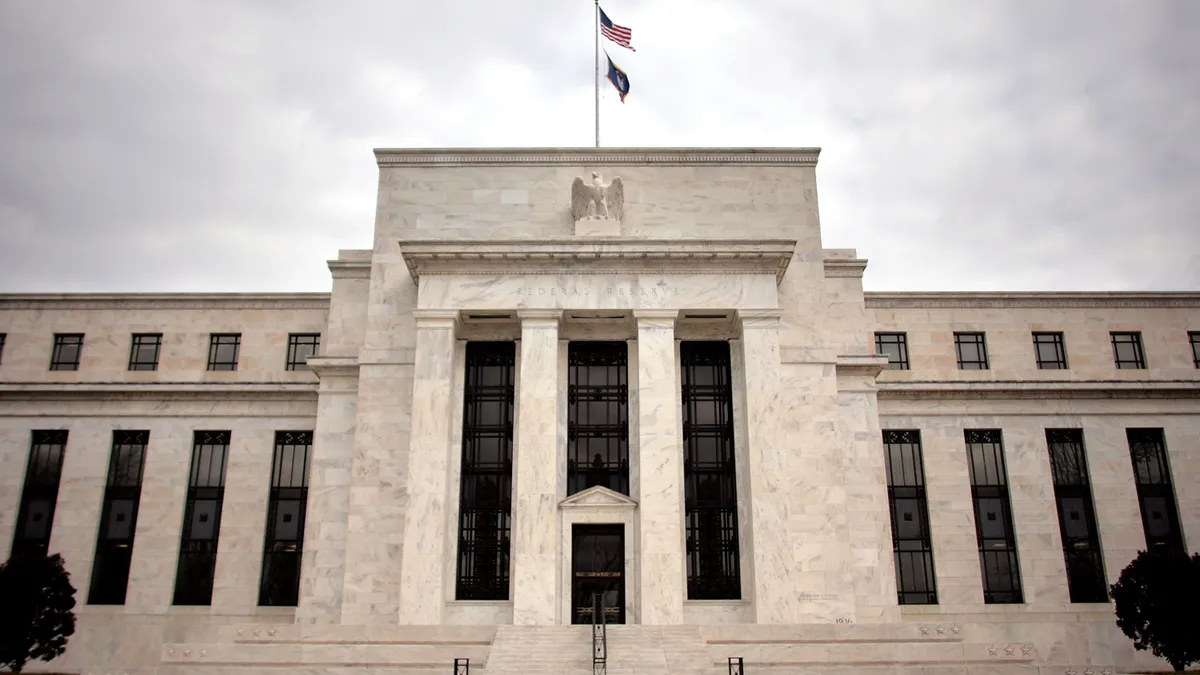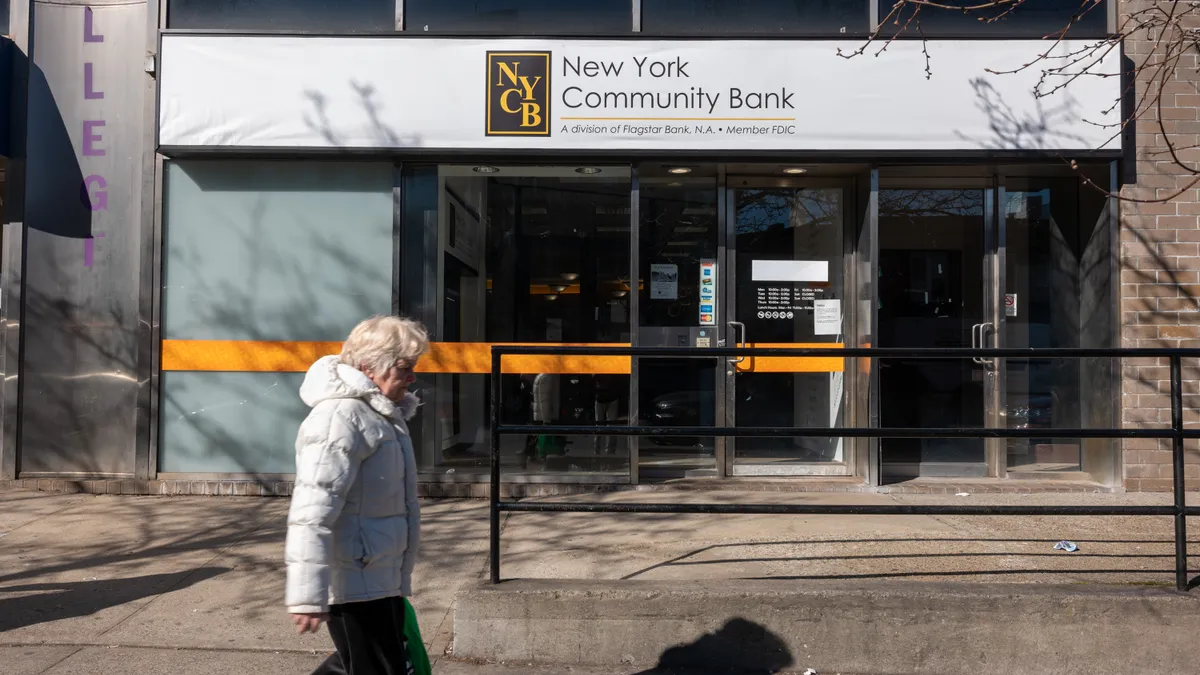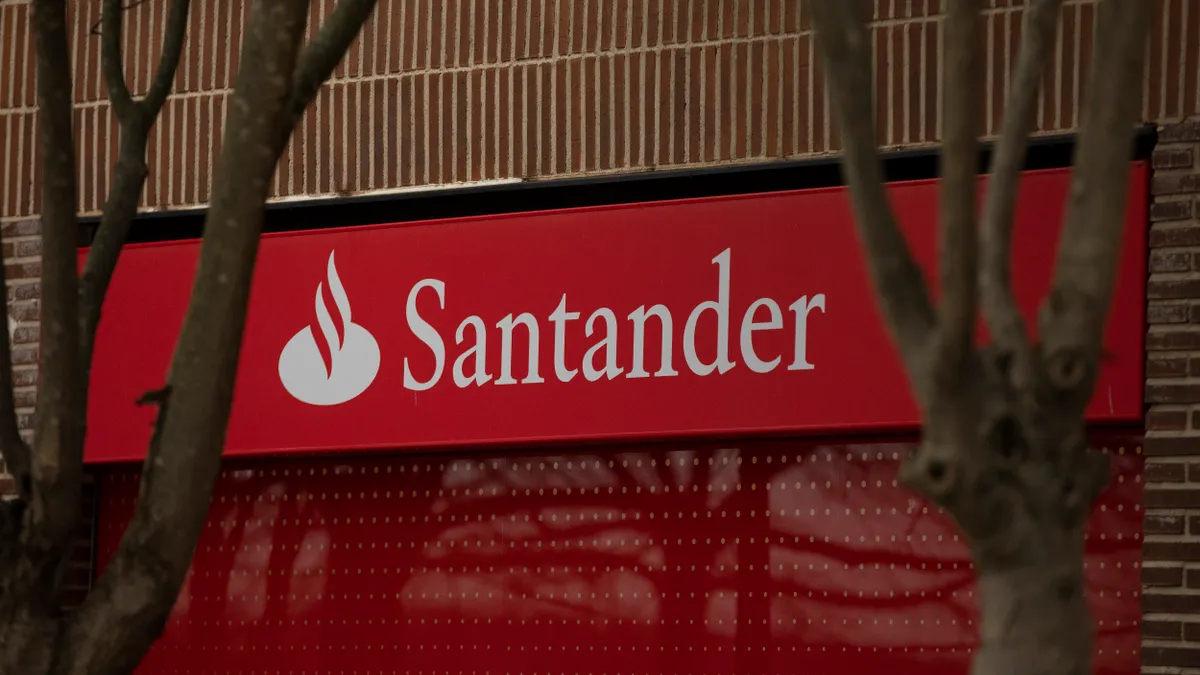Bank profitability is at risk as the decline in economic conditions, brought on by the coronavirus pandemic, will broadly affect bank earnings, credit quality, operations and capital, the Office of the Comptroller of the Currency (OCC) said in a report released Monday.
"We enter the economic downturn sound and well capitalized with a lot of liquidity in the system, but there are weak economic conditions that will affect financial performance going forward," Acting Comptroller Brian Brooks said during a call with reporters.
The semiannual report, which represents the regulator's view of the risks facing the banking industry, found financial institutions are beginning to see the adverse credit effects of the economic shock brought on by the pandemic through increased customer forbearance requests and higher provisions for loan losses.
"Credit losses in particular coupled with overhead expenses and lower net interest income because of monetary policy in response to COVID-19 will place some drag on financial performance of our banks," Brooks said. "We expect that the resiliency of credit portfolios, which were very strong before the pandemic will be tested going forward."
The regulator said compliance risk at banks is elevated due to a combination of government economic recovery programs — such as the CARES Act and the Paycheck Protection Program — and the increased number of employees working from home.
"Among other challenges these conditions complicate the compliance responsibilities associated with managing high transaction volumes and various programs of consumer and business lending in a weakened economy," the OCC wrote.
Higher transaction volumes related to customers receiving stimulus payments and increased loan demand have placed additional strain on banks, the agency said.
"Some banks are leveraging innovative technologies and third parties, including fintech firms, to help manage these challenges," the OCC said. "Bank risk management programs should maintain effective controls for third-party due diligence and monitoring and other oversight processes, operational errors, heightened cyber security risks, and potential fraud related to stimulus programs."
The high volume of lending requests also puts banks at risk if they are unable to promptly process the requests because of reduced staffing or shifted resources, the regulator said.
"This could cause breakdowns in controls related to account management, servicing management, flood insurance coverage, credit bureau reporting, and complying with applicable laws and regulations," the OCC said.
Commercial credit risk is also increasing, the agency said.
"Volatility in the credit environment grew as the pandemic intensified and broadly affected the economy and employment conditions," the report found. "Credit risk increased as banks implemented loan relief programs, evaluated portfolio resiliency, and assessed future credit performance for an economic downturn whose depth and duration remains uncertain."
Operational, compliance and reputational risk also increased due to the higher volume of "problem borrowers," the OCC said.
"Nearly every asset class on banks' balance sheets has been or likely will be affected," the agency said.
The report also addressed the impact of lowered interest rates on bank earnings.
The OCC said its data on bank interest rate risk exposures show 75% of banks expect to lose net interest income if interest rates decline.
"Most banks expected to lose less than 5 percent of net interest income if rates decline by 1 percent, which occurred in the first quarter of 2020," the OCC said.
The regulator said the 2020 outlook on net interest margins (NIM) — the biggest contributor to earnings for most banks — is uncertain given the volatile rate environment and global pressures, which may encourage banks to take additional risk.
"Risks include reducing credit standards, yield chasing for longer term assets, or entering new products or services to mitigate the NIM compression," the OCC said.
Brooks, who became acting comptroller following Joseph Otting’s resignation in late May, also addressed the recent actions by the Federal Reserve which ordered banks to halt share buybacks and cap, rather than suspend, dividends. He said the OCC, like the Fed, believes in taking a "measured" approach.
"Our view, along with the Fed, is that there shouldn't be a blanket prohibition on profitable well-capitalized banks making distributions to shareholders," he said. "They're privately owned companies and part of their supervision is to make it profitable and we don't want to constrain them. ... At the same time we've been very clear about our expectations that they provide liquidity in the system. We don't want to prohibit, but we also want this to be a sustainable private sector banking system."



